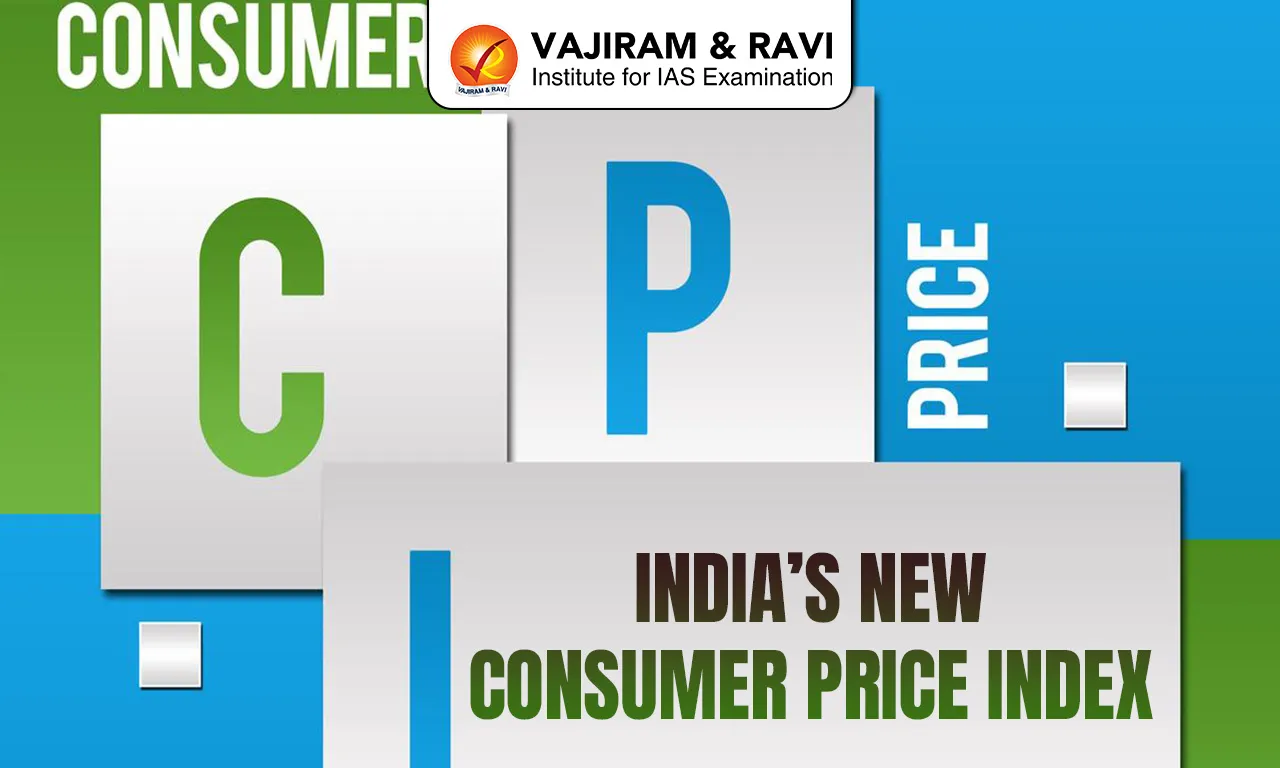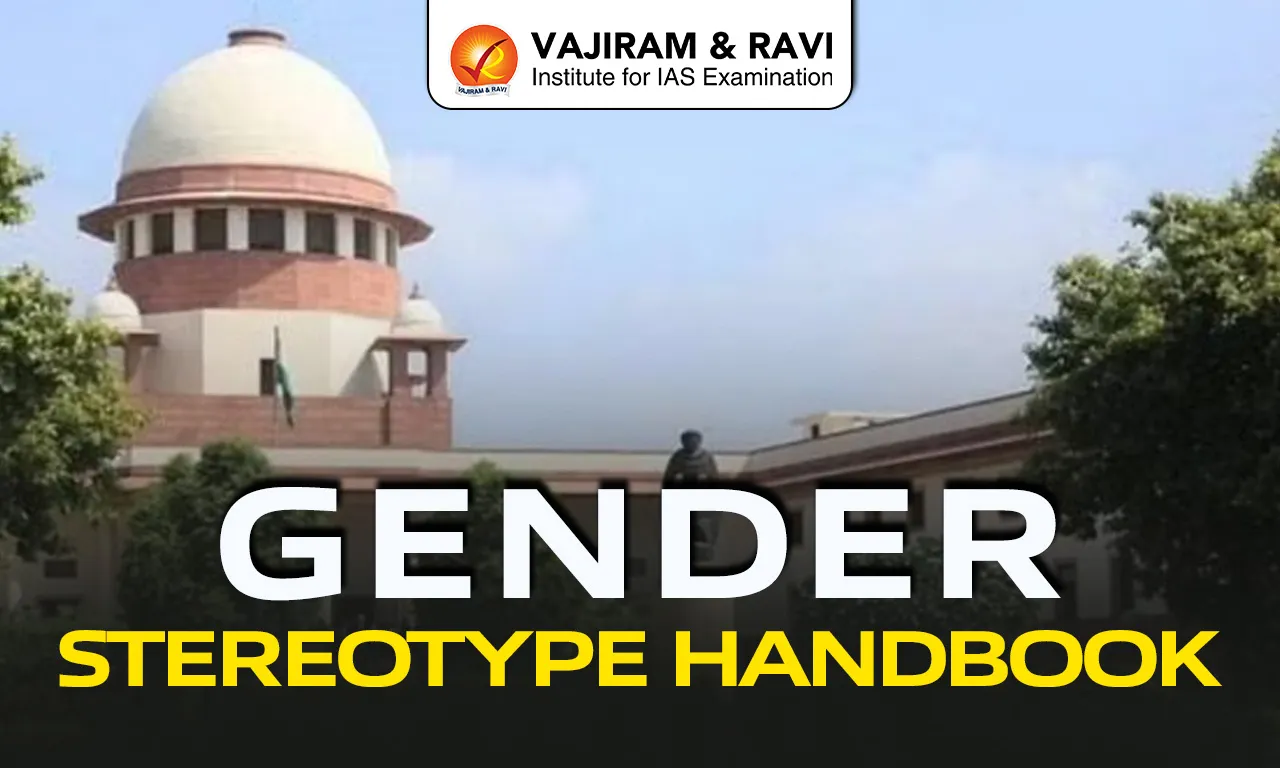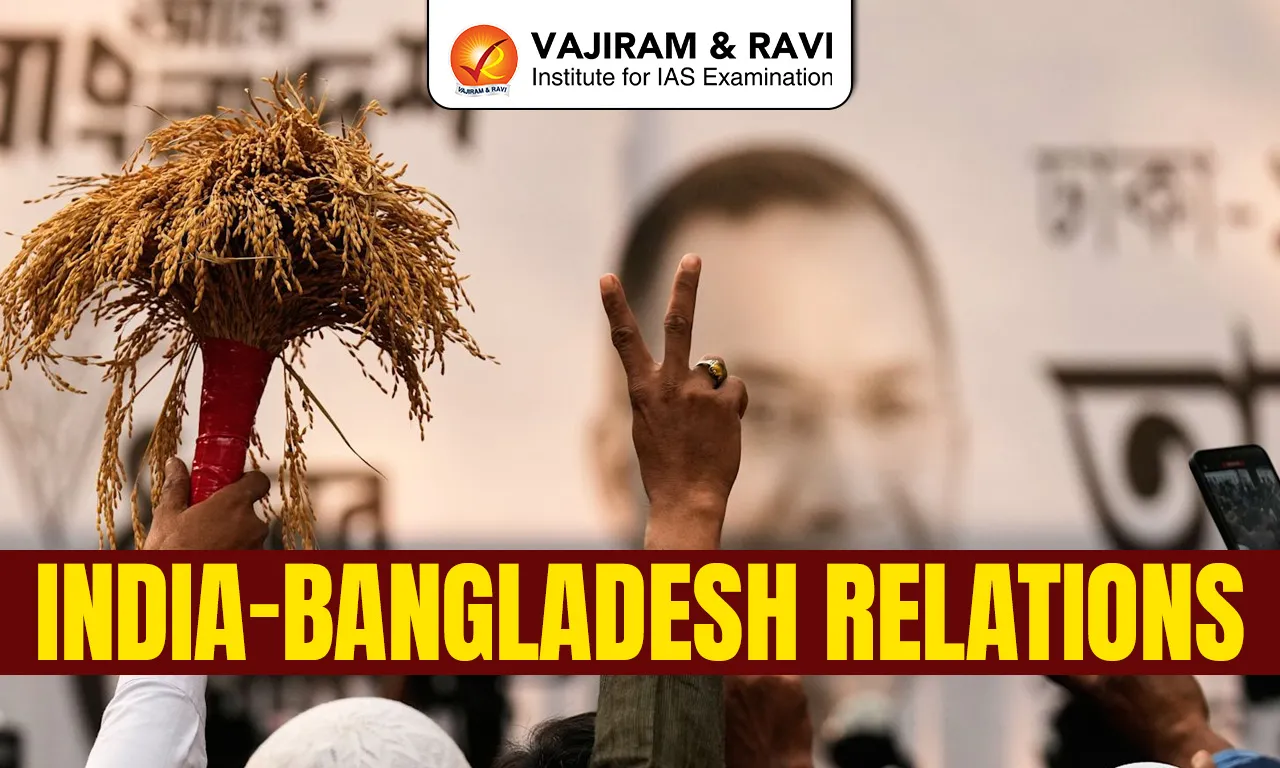What’s in today’s article?
- Why in News?
- Statistical System of India
- Standing Committee on Statistics (SCoS)
- New committee replacing SCoS
Why in News?
The Union Ministry of Statistics and Programme Implementation has dissolved the 14-member Standing Committee on Statistics (SCoS), led by economist Pronab Sen.
The government informed the members that the committee’s work overlapped with that of the Steering Committee for National Sample Surveys, chaired by Rajeeva Laxman Karandikar. This overlap was cited as the reason for dismantling the SCoS.
Statistical System of India
- About
- The statistical system in India is responsible for collecting, processing, analyzing, and disseminating data crucial for planning, policy-making, and governance.
- It is a decentralized system, with responsibilities shared between the Central and State governments, covering a wide array of sectors including economics, agriculture, industry, demography, and health.
- Constitutional Division of Responsibilities
- India’s Statistical System is influenced by the constitutional division of powers between the Union, State, and Concurrent Lists, as outlined in the 7th Schedule.
- Each govt department or ministry, whether at the central or state level, is generally responsible for the collection of statistics related to its specific subject area.
- E.g., – For education or labor welfare, mentioned in concurrent list, both the Union and the States may gather statistics.
- But typically, the central agencies work in collaboration with state bodies to avoid duplication and ensure uniformity.
- Institutions involved
- Ministry of Statistics and Programme Implementation (MoSPI)
- Came into existence as an Independent Ministry in 1999 after the merger of the Dept of Statistics and the Dept of Programme Implementation.
- National Statistical Office (NSO)
- It is responsible for planning and coordinating the integrated development of the national statistical system.
- It was formed in 2019 by merging the National Sample Survey Office (NSSO) and the Central Statistical Office (CSO).
- National Statistical Commission (NSC)
- Created on the recommendation of Rangarajan Commission, it was established to ensure statistical quality and credibility.
- It acts as an advisory body to improve the statistical system in India.
- Reserve Bank of India (RBI)
- Plays a role in collecting banking and financial statistics for policy and economic analysis.
- State Statistical Bureaus (SSBs)
- Each state has its own statistical departments that collaborate with central agencies to ensure data consistency.
- Ministry of Statistics and Programme Implementation (MoSPI)
- Regulatory Framework
- The Collection of Statistics Act, 2008 – Governs the collection of statistics across various sectors.
- Census Act, 1948 – Governs the decennial Census of India, a major source of demographic and socio-economic data.
- Challenges:
- Data Quality and Timeliness
- Concerns have been raised about the accuracy and timeliness of data, especially given delays in critical surveys like the decennial Census.
- Capacity Constraints:
- State statistical agencies often lack adequate manpower, funding, and infrastructure, which hinders efficient data collection and processing.
- Coordination Issues
- Decentralized nature leads to coordination challenges between central and state statistical bodies, impacting data uniformity and integration.
- Technological Adoption:
- While digitization efforts have been undertaken, there is a need for more advanced data collection and processing technologies to improve efficiency and accuracy.
- Political Interference:
- Allegations of political pressure and manipulation of data, especially in areas like unemployment and GDP, have affected the credibility of official statistics.
- Data Quality and Timeliness
- Lack of Uniformity
- Different methods used by various departments can lead to inconsistencies in data collection and reporting.
- Recent controversy
- The Centre has been claiming that data provided by the EPFO, ESIC on its enrolments and Reserve Bank of India’s KLEMS (K: Capital, L: Labour, E: Energy, M: Materials and S: Services) database gave a rosy picture about the employment scenario in the country.
- However, questions have been raised as administration data, especially on labour, is threshold-based.
- It is alleged that such data was airing the perspectives of policy architects or reflecting the government’s intentions.
- The chances of manipulating the administration data set were also high as government agencies generated that data.
- It is also argued that such data has limitations of analytical rigour.
- On the other hand, survey-based data, including the census, has universal coverage without any thresholds, providing a wider and bigger platform
Standing Committee on Statistics (SCoS)
- Background
- The Government had formed Standing Committee on Economic Statistics (SCES) in December 2019.
- In July 2023, the SCES was renamed as SCoS to advise on all surveys as and when required by MoSPI.
- Function
- SCoS advised the government on survey methodologies, including sampling design, survey instruments, and questions.
- It played a key role in finalizing survey tabulation plans, reviewing existing frameworks, and addressing issues related to survey results and methodologies.
- The SCoS was also tasked with guiding pilot surveys, exploring administrative statistics, identifying data gaps, recommending additional data requirements, and providing technical guidance to central and state agencies for conducting surveys.
New committee replacing SCoS
- The newly formed Steering Committee, replacing the SCoS, has 17 members and one non-member secretary.
- Its two-year tenure and Terms of Reference are similar to the SCoS, including reviewing survey results, methodology, sampling design, and finalizing the tabulation plan for National Sample Surveys.
- The main difference between the two committees lies in their composition, with the Steering Committee having more official members, while the SCoS had a higher number of non-official members, leading to some overlap in their mandates.
Q.1. Why was the Standing Committee on Statistics (SCoS) dissolved?
The SCoS was dissolved because its work overlapped with the Steering Committee for National Sample Surveys, leading to inefficiencies in the data collection process.
Q.2. What is the role of the new Steering Committee for National Sample Surveys?
The new Steering Committee will oversee survey methodologies, data collection, and analysis, ensuring uniformity and efficiency in India’s statisticalsystem.
Source: What does dissolution of SCoS entail? | Explained | PIB | Indian Express
Last updated on February, 2026
→ UPSC Notification 2026 is now out on the official website at upsconline.nic.in.
→ UPSC IFoS Notification 2026 is now out on the official website at upsconline.nic.in.
→ UPSC Calendar 2026 has been released.
→ Check out the latest UPSC Syllabus 2026 here.
→ Join Vajiram & Ravi’s Interview Guidance Programme for expert help to crack your final UPSC stage.
→ UPSC Mains Result 2025 is now out.
→ UPSC Prelims 2026 will be conducted on 24th May, 2026 & UPSC Mains 2026 will be conducted on 21st August 2026.
→ The UPSC Selection Process is of 3 stages-Prelims, Mains and Interview.
→ Prepare effectively with Vajiram & Ravi’s UPSC Prelims Test Series 2026 featuring full-length mock tests, detailed solutions, and performance analysis.
→ Enroll in Vajiram & Ravi’s UPSC Mains Test Series 2026 for structured answer writing practice, expert evaluation, and exam-oriented feedback.
→ Join Vajiram & Ravi’s Best UPSC Mentorship Program for personalized guidance, strategy planning, and one-to-one support from experienced mentors.
→ UPSC Result 2024 is released with latest UPSC Marksheet 2024. Check Now!
→ UPSC Toppers List 2024 is released now. Shakti Dubey is UPSC AIR 1 2024 Topper.
→ Also check Best UPSC Coaching in India





















